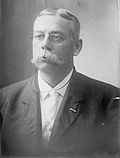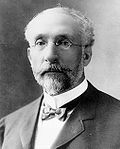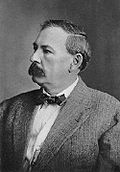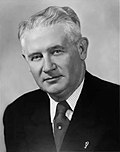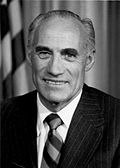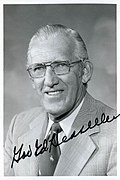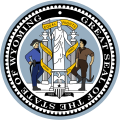| Governor of Wyoming | |
|---|---|
 Seal of the governor | |
| Style |
|
| Status | |
| Residence | Wyoming Governor's Mansion |
| Term length | Four years, renewable once (limited to eight years in a sixteen year period) |
| Inaugural holder | Francis E. Warren |
| Formation | Wyoming Constitution |
| Succession | Line of succession |
| Salary | $105,000 (2022) [1] |
| Website | governor |
The governor of Wyoming is the head of government of Wyoming, and the commander-in-chief of the Wyoming's military department (National Guard).
Contents
- List of governors
- Territory of Wyoming
- State of Wyoming
- Timeline
- Electoral history (1950–)
- See also
- Notes
- References
- Bibliography
- External links
The gubernatorial term has been set at four years since statehood. Originally, a governor could be elected any number of times. Since a 1992 referendum, governors have been limited to eight years in office during any 16-year period—effectively limiting them to two consecutive terms.





